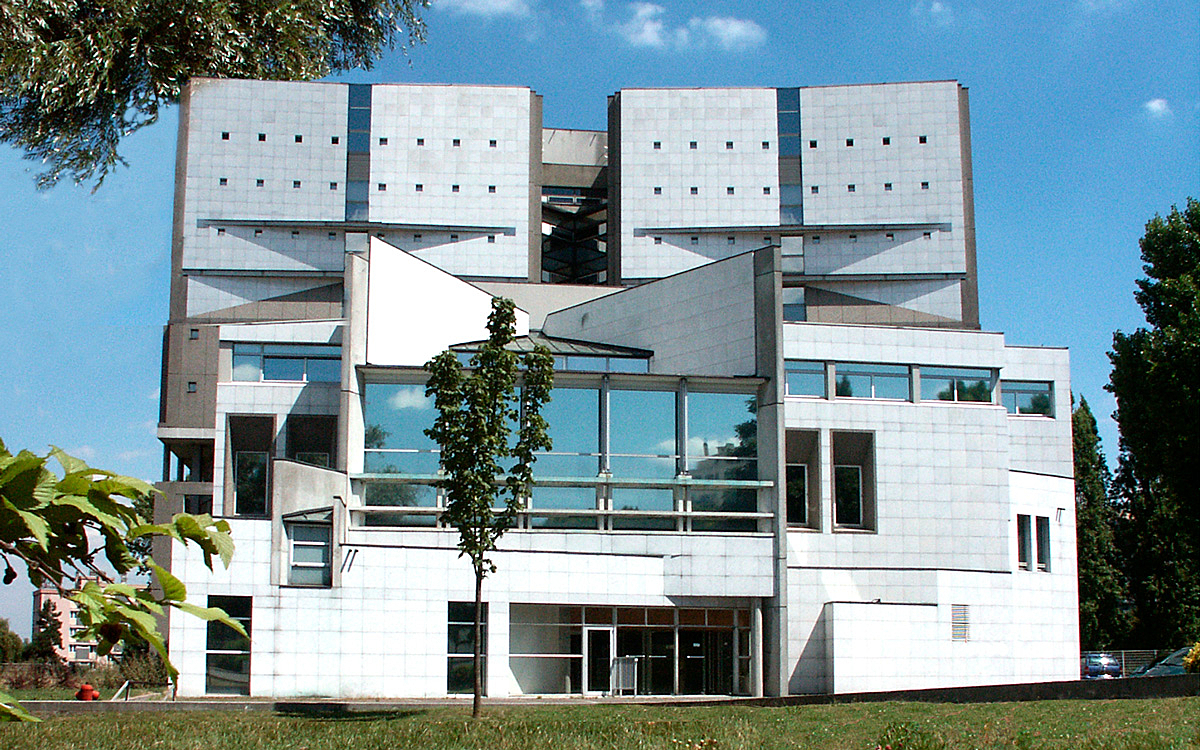Genealogy in Paris might be a little tricky. But with some tips, going through the Archives of Paris is following your ancestor path along the streets of the capital.
You have traced your ancestors back to Paris. Isn’t this great ? Paris, the City of Lights. What wouldn’t you give to walk in their footsteps ? But searching your ancestors in Paris, is not as easy as it seems. The city has a long history. Her suburbs has changed a lot. Her streets may have other names. And, her archives have gone through the tumult of History.
Civil registers
Paris Commune
The decree of September 20th, 1792, entrusted not only the keeping of the civil registers to the town hall, but also ordered that the registers kept in the parishes be deposited in the town halls. In Paris, this leads to keep in the same place, an annex of the city hall, civil registers, and parish registers.
If you are searching for a deed which happened after 1860, you can consider yourself a lucky genealogist.

In May 1871, the fires lit during the Paris Commune, destroyed the copies of both the civil, and parish registers. The courthouse is also burned. The double of the registers went up in smoke.
The registers until 1859 have been destroyed. The registers of the years 1860 to 1870, which were still in the arrondissement town hall, were not burned.
Reconstituted civil registers (before 1860)
Further to those destructions, a special commission set up in 1872 was in charge of the task of reconstructing the civil registers of Paris. The deeds were reconstituted starting from documents brought by the families, or extracts from acts of parishes or acts of notaries. The commission separated in 1897, having established more than 2 500 000 acts, or a third of the burned deeds.
To find a reconstituted deed, you can log on the website of the Archives of Paris, and click on “Fichier de l’état civil reconstitué” (Reconstituted civil status file). You’ll then have to choose between Décès, Mariages, Naissances (deaths, marriages, births) and enter the name of the person. For each type of deed, the filing method is the alphabetical order of the family names (the names with particle are to be searched with the particle) then the chronological order.
On the document, you will find the following information : date of birth, former arrondissement, first and last name.

Then, you will have to search on site for the certificates. You can only consult them on site, in the form of a microfilm. You will then find the information regarding the parents, date and place of birth, the document produced to establish the certificate.

Civil registers (after 1860)
If you’re searching for a deed established from 1860, you will find it online. Up-to-date, you’ll find online :
- Birth (1860-1924), marriage (1860-1945) and death (1860-1986) records.
You do not know the exact date of the event ? Choose “Accédez aux tables décennales” (Access ten-year tables). This is for the period from 1860 to 1932, then 1955 to 1984. If you are searching for a date between 1933 and 1954, you will have to choose “Accédez aux tables annuelles” (Access yearly table).
You will then have to choose the kind of deed you’re looking for, birth, marriage or death, the decade, the arrondissement (if you know it, but it not mandatory), and the name of the person. If you are not sure of the spelling of the name, you can enter just the first four letters of it. You will then have to scan the tables to find the exact date.
In the following post, we will see how to access and use additional genealogical resources available on the webiste.


